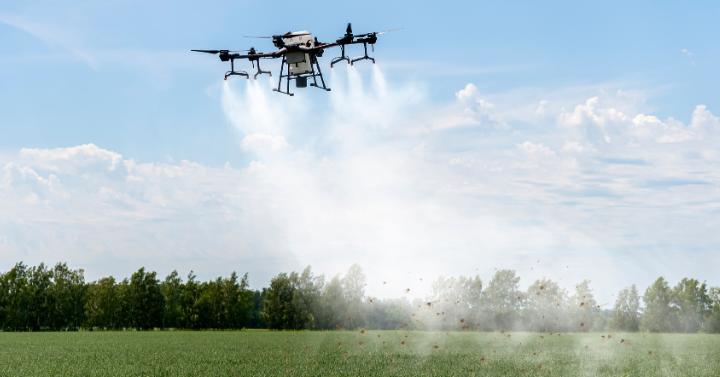Kline & Company’s Agrochemicals practice recently updated its research on specialty pesticides used for municipal/government mosquito control. This research is based on structured surveys with mosquito abatement districts and mosquito vector control professionals around the United States. Our Director of Agrochemicals, Laura Mahecha, runs through the top five trends the findings show.
1. There have been recent changes in the types of specialty pesticides used to control mosquitoes
Our survey shows that more efforts are being made to use larvicides, which kill mosquito eggs before they hatch, to prevent outbreaks. Professionals are expecting to use less adulticides in the future, with more focus on larvicides and barrier products that provide residual protection over time. Applicators are interested in using more natural, organic, and eco-friendly mosquito control products.
2. Professionals are changing their mosquito control application methods
Nearly half of those we surveyed have made changes, including the following, to their application methods:
- 48.7% have started or increased their use of drones.
- 48.7% are using air-blast sprayers.
- 46.2% have increased ground applications.
- 28.2% have increased the use of airplanes.
3. West Nile Virus is the top disease that professionals are concerned with preventing or controlling
West Nile Virus is the most common concern, as indicated by 53% of our sample. Zika virus ranked second with 18% mentioning this disease as a concern in their district. Other diseases mentioned include Eastern equine encephalitis, dengue, St. Louis encephalitis, and chikungunya.
4. Environmental and health impacts top the list of citizen concerns mentioned by mosquito professionals
The most common citizen complaints reported pertain to the environmental impact of sprays, concerns about the toxicity of sprays to children and pets, and long-term effects of chemicals on the environment.
5. Technology will play a bigger role in the future of the mosquito control market
In the future, municipal mosquito control will increasingly focus on surveillance and trapping, rotation of pesticide products to avoid resistance, use of drones and GIS technology, increased educational outreach, and increased use of larvicides.
Mosquito vector control is essential for preventing the spread of diseases transmitted by mosquitoes. Kline’s study Mosquito Control: U.S. Analysis and Opportunities, published in October 2023, is a comprehensive analysis examining the mosquito control/disease vector and the pesticides used for its treatment control by the U.S. government. The study provides suppliers and formulators with the latest information on product usage in the mosquito control market, with a breakdown for adulticides and larvicides. Upcoming reports on countries outside the United States are also being considered. For more information, contact us.

